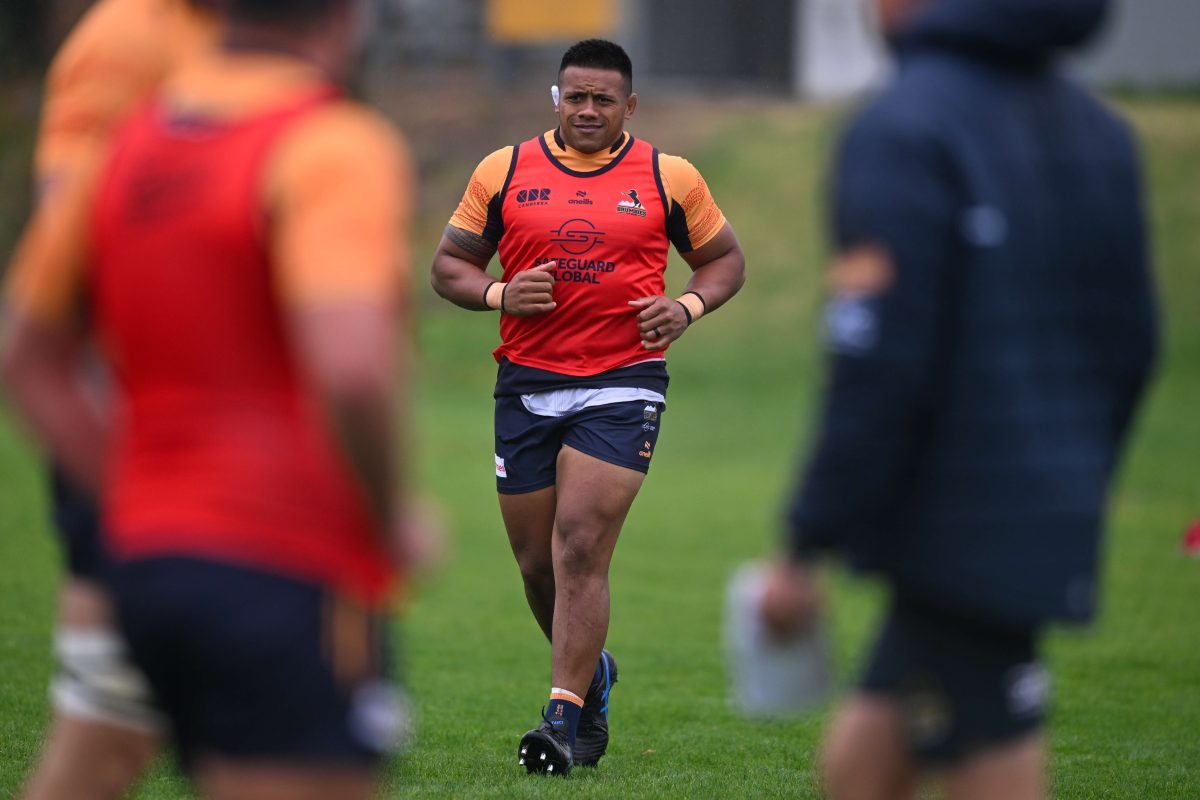EVER since Malcolm Turnbull announced he’d call an election for July 2 if the Senate defied him, we’ve been counting down towards Sunday’s formal announcement of the start of a marathon eight-week campaign.
Tuesday’s budget had been hyped as a seminal moment on the journey. Given it contained no disaster for the government, it might, however, fade to grey relatively quickly. It would have been a different story if it had gone badly wrong.
Turnbull will be satisfied with the reaction to the budget but less so with how the parliament ended, when a government play went awry.
It tried to be too clever, by refusing to release the ten-year costing of its plan to phase down company tax. The government argued this was in accord with how Treasury treated medium-term projections beyond the forward estimates but the objective was to make it harder for Bill Shorten to credibly grab savings in pledging to oppose almost all the company tax cut.
It was cynical, especially given the government is always homing in on Labor’s decade-long estimates, including this week finding a A$19.5 billion hole in the ALP’s costing of hiking cigarette excise.
The tactic blew up in the government’s face – specifically, Turnbull’s face. Shorten took the saving anyway, based on the Parliamentary Budget Office (PBO) figuring. In the meantime, Turnbull had looked bad when he was repeatedly grilled during a Sky interview, and Labor made a meal of the issue in the parliament’s last Question Time.
The ten-year number will come out when Treasury officials are before Senate estimates on Friday.
The incident is a warning about the potential risks of over-reach in the campaign.
Turnbull had an awkward moment of another kind this week, when he suggested to a radio host he should “shell out” to finance houses for his kids. Labor leapt on it as Turnbull’s “Joe Hockey moment” – Hockey got into trouble when he suggested poor people don’t drive cars.
It fed into the opposition’s line that the wealthy Turnbull is out of touch. Shorten cast the budget in a similar way: “From Tony’s tradies to Malcolm’s millionaires – this is a budget for big business over battlers.”
The budget presented a challenge for Shorten – how should Labor react to its modest effort to counter bracket creep, and to the ambitious company tax package?
Accepting the increase from $80,000 to $87,000 in the 37% tax threshold was a no brainer, especially as the opposition could also say that the deficit levy imposed on high-income earners in the 2014 budget should be kept, rather than automatically ceasing in 2017.
The company tax plan was a different matter. Labor has rejected the proposed reduction, ultimately to 25%, for all but the smallest businesses.
The upside of this decision is that the opposition has got $49 billion (on PBO numbers) in revenue to help finance its big spending program; the downside is that it will have alienated much of the business community and has to counter the argument it is spurning a measure that would help growth.
Shorten’s Thursday budget reply was almost all about dealing with Labor’s need for money. It contained no fresh initiatives except a crackdown on rorts in private vocational education. But he has plenty of policy out there and a long campaign to go.
In his speech Shorten banked $71 billion in savings over a decade. Even if a slight adjustment is made when the official figure comes for the company tax plan, this represents a lot of funds to underpin the ALP’s planned outlays, especially in health and education.
On what we know so far, the budget has probably set the government up reasonably well for the election, without winning popular applause. Other than those who benefit from the limited action on bracket creep, most people are likely to think – correctly – that there is nothing much in it for them. But, then again, they weren’t expecting a lot.
By presenting its budget as a “plan” the government has sought to put its measures in a framework and address its need for a narrative. The coming polls will deliver the public’s judgement.
Labor says its early feedback is that the budget is not popular and has added to the disappointment about Turnbull.
Much of the negative reaction coming to the government is over its toughening of superannuation concessions – and the protests are from its own supporters. The changes affect few people, and the majority of voters would see the move as fair. But the element of retrospectivity is being attacked by Shorten, making it more difficult for the Coalition.
The government has to be careful it gets out the message on superannuation properly. Some people who will be unaffected could be fearful – retirement income is a sensitive area.
Given how competitive Labor has become and the electorate’s volatility, the campaign weeks themselves have the capacity to determine the election’s result. They will be filled with announcements, stunts, and no doubt quite a few stumbles.
There will be more numbers than you ever want to know about. Much of the argument will go over the heads of people who have lives to lead and little time to pore over the intricate, contested detail. They will be guided by broad impressions.
If we fast forward to the end of this two-month trek, probably the single most important – though by no means the only – factor in deciding the outcome will be the net result of how voters answer two questions. Is Turnbull, despite the disappointment at his performance so far, still worth investing in? Does Shorten have what it takes to be a good prime minister?

Sahlan Hayes/PMO, CC BY
![]()
Michelle Grattan, Professorial Fellow, University of Canberra
This article was originally published on The Conversation. Read the original article.
Who can be trusted?
In a world of spin and confusion, there’s never been a more important time to support independent journalism in Canberra.
If you trust our work online and want to enforce the power of independent voices, I invite you to make a small contribution.
Every dollar of support is invested back into our journalism to help keep citynews.com.au strong and free.
Thank you,
Ian Meikle, editor





Leave a Reply